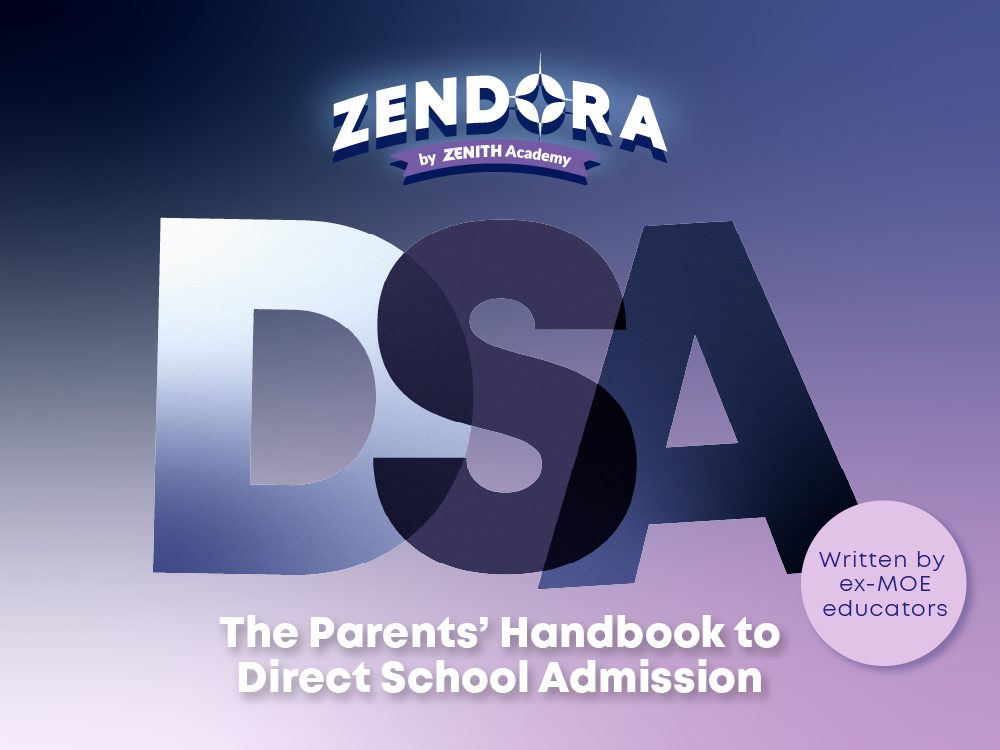Overview
As parents, we naturally prioritize our children's academic success, sometimes overlooking their interests in joining Co-Curricular Activities (CCAs) during primary school.
It's easy to see these activities as time-consuming, but let's shift our perspective.
CCAs not only foster character development but also unveil hidden talents, serving as stress-relievers for our kids. It's a vital avenue for our children to build connections, discover passions, and develop holistically.
This article provides a comprehensive look into the role of CCAs in primary education, underscoring their significance in developing socio-emotional skills, deepening interests outside of academia, and discovering talents.
Why are CCAs an important part of Primary School?
Develop Socio-Emotional Skills
CCAs play a crucial role in the holistic development of children.
They provide an excellent opportunity for students to interact with peers from different classes and age groups, fostering social skills, teamwork, and emotional intelligence.
These activities often involve collaborative tasks, problem-solving, and leadership roles, all of which contribute to the socio-emotional growth of the child.
Deepen Interests Outside of Academia
CCAs are an ideal way for children to explore interests and passions that are not covered in the regular academic curriculum.
This can be a refreshing break from academic learning and can help in identifying and nurturing individual talents.
Discover Talents or Natural Inclinations
Participating in various CCAs can help children discover their natural inclinations and talents.
Whether it’s a sport, an art form, or a specific skill like public speaking or scientific experimentation, CCAs provide a platform for children to explore and hone these skills.
Categories of CCA
Sports
These include a variety of athletic activities like soccer, swimming, badminton, and track and field. They are great for physical health, teaching teamwork, and instilling a sense of discipline and sportsmanship.
Uniformed Groups (UG)
Examples include Scouts, Girl Guides, and the National Cadet Corps. These groups focus on character building, leadership, and community service, and often include outdoor activities and adventure-based learning.
Clubs and Societies
These can range from science clubs, environmental clubs, to chess clubs and language societies. They cater to a wide range of interests and can be very intellectually stimulating.
Performing Arts
This category includes music, dance, drama, and other forms of artistic expression. They are excellent for nurturing creativity, building confidence, and developing presentation skills.
How to Choose the Right CCA
Child’s Interest
It’s important to consider what your child enjoys and is genuinely interested in. A CCA should be something that they look forward to and not see as a chore.
Child’s Strengths
Aligning the CCA with the child’s strengths can help in boosting their confidence and skill level. However, it’s also beneficial to sometimes choose activities that challenge them in a healthy way.
Other Considerations
Factors like the Direct School Admission (DSA) criteria, the location of the CCA (inside or outside school), the schedule, and the level of commitment required should also be taken into account.
Some CCAs might offer pathways to secondary school admissions through DSA, which could be a strategic consideration.
Summary
Selecting the right CCA is a balance between nurturing existing interests and strengths and encouraging exploration and growth in new areas.
It's an integral part of a child's education, providing valuable life skills and experiences beyond the academic curriculum.







